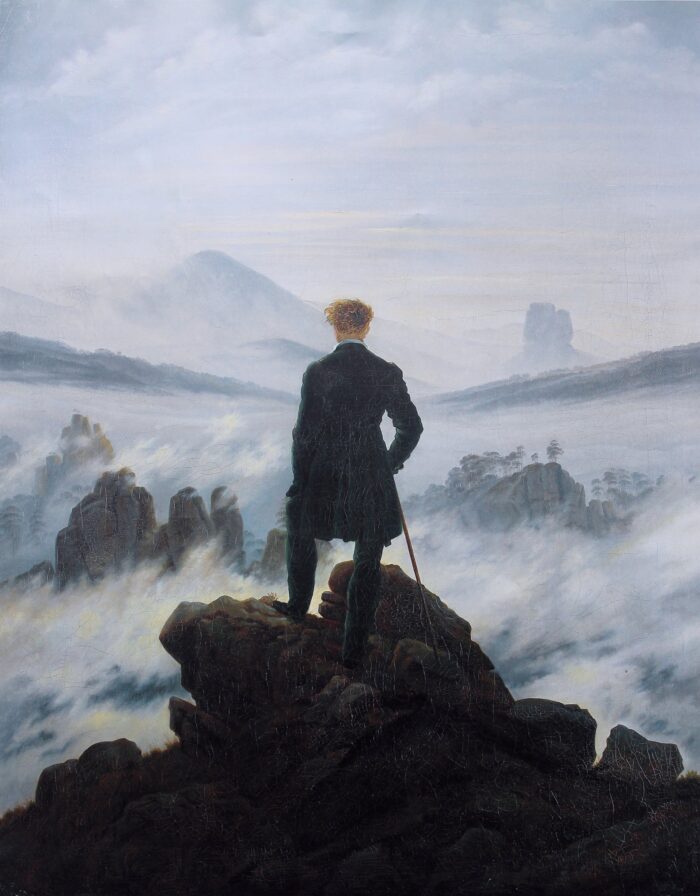James Pascoe is a name no one will recognise, for he was a writer who was never published. But now, some forty or fifty years after I heard of his death, I have been able to give him a kind of after-life by handing what I have of his to the Archive of British Publishing.
This means, of course, that I can no longer quote directly from his many letters, nor from the several closely-typed pages in which he takes issue with strictures in my husband’s report on his manuscript. My husband, along with Erik Korn (both of whose stars were, at that time, in the ascendant, Eric’s column Remainders was a regular feature in the TLS and Knopf had just bought my husband’s first book) was doing his best to help me get Pascoe – who was not an easy character – taken on.
Encouraged by having those two luminaries on my side, I didn’t give up, although none of my colleagues had much time for him. Diana was not interested in anything off-beat and though André generally followed her advice, in this case, having recently dismissed another unlikely-seeming book, he was ready to publish as long as we could get an Arts Council subsidy.
The author, of course, knew we were applying for this and learnt – after what must have seemed an interminable wait (from 11 November to 13 February) – that the application had failed. Whether it was this that caused him to take his own life, I will never know. But I do know that this young man, who André always referred to as ‘your genius from Plymouth’, should have been published and that his failing to be may have caused his death.
As for our one meeting: he came and went like a wraith. All I can remember is that he was tall and thin and wore a long black coat. I knew no more about his life from being in his presence – whether he had a job, was, perhaps, married – than I had before.

If it wasn’t for that clutch of papers, now in the archive in Reading, I would think I had imagined him. I could find no trace of his existence when I leafed through one hefty leather-bound volume after another at the Public Record Office, hoping to find he might still be alive after all, or how he had died, if he really had. The manuscript itself had been whisked away by a young woman who said she was his daughter and told me of his death.
I knew him then, and I know him still, only as a young man whose wild imagination and love of language should have brought him not rejection but recognition.